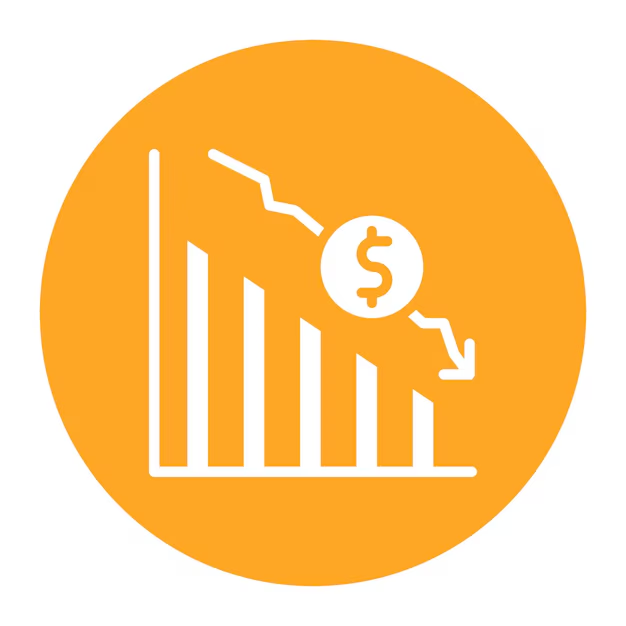- Following the successful passage of the GENIUS Act in the US, Nigerian authorities highlighted that their country is “open for stablecoin business.”
- An official at Onchain Foundation emphasized that Nigeria is already a big player in the crypto space, especially in the stablecoin market segment.
After their controversy involving Binance, Nigerian authorities are about to make another pivot on cryptocurrencies. Developments in key markets and major economies, particularly the USA’s passing of the GENIUS Act, have heavily influenced their more receptive stance on stablecoins.
Nigeria Changes Stance on Stablecoins
Michal Moneta, Chief Strategy Officer at Onchain Foundation, stated that the Nigerian government announced it is “open for stablecoin business.” He found the move to be a massive swing from their earlier antagonistic stance on these digital assets, which led to the persecution of Binance and other big players within the crypto industry.
The government’s apparent change of tone comes with the condition that it would only allow businesses that “protect the local market and empower Nigerians.”
Moneta found the latter absurd, as he claimed, “Nigerians aren’t asking regulators to empower them.” Citing Onchain Foundation’s report, Nigerians are already leading in the use of Tether’s USDT and Circle’s USDC stablecoins.
The Onchain Foundation official noted that Nigeria handled $59 billion in crypto transaction volume in 2024. Stablecoins accounted for around 40% of the numbers. Additionally, USDT transfers surpassed Bitcoin (BTC) as the most traded crypto asset domestically.
By mid-2025, approximately 11.9% of Nigerians, or 25.9 million people, were using stablecoins. This indicates the highest penetration rate for these assets globally.
The Chainalysis’ 2024 Global Adoption Index supports the abovementioned data, which positions the country in the first place, leading in crypto exchange activity, value received, merchant services, and decentralized finance (DeFi).
Factors Promoting Stablecoin Use in Nigeria
Moneta pointed out that Nigerians utilize stablecoins to save and earn. Others tap these assets to hedge their wealth against the naira’s alarming inflation.
According to Trading Economics, the US dollar inflation rate as of June was only 2.9%. Meanwhile, the naira’s inflation rate during the same period was over 22%. This makes the latter a poor store of value in comparison.
Another important factor driving stablecoin adoption in Nigeria is the higher rate of accessibility of digital assets. Veriv Africa revealed that the nation improved its inclusion rate in 2024 to 74%. However, the broader access of mobile-based crypto finance apps has given them an edge over traditional banking services.
A Call for Favorable Regulations
Moneta believes the “most useful next move” from authorities would be establishing a friendly climate for businesses like Tether and Circle to thrive. If possible, they should allow them to operate without unnecessary regulatory steering.
Furthermore, the Onchain Foundation official recommended that regulators build on the cNGN’s success, a blockchain-based naira, in integrating more established stablecoins into Nigeria’s financial system.
What’s your Reaction?
+1
1
+1
0

+1
0

+1
0

+1
0

+1
0

+1
0




